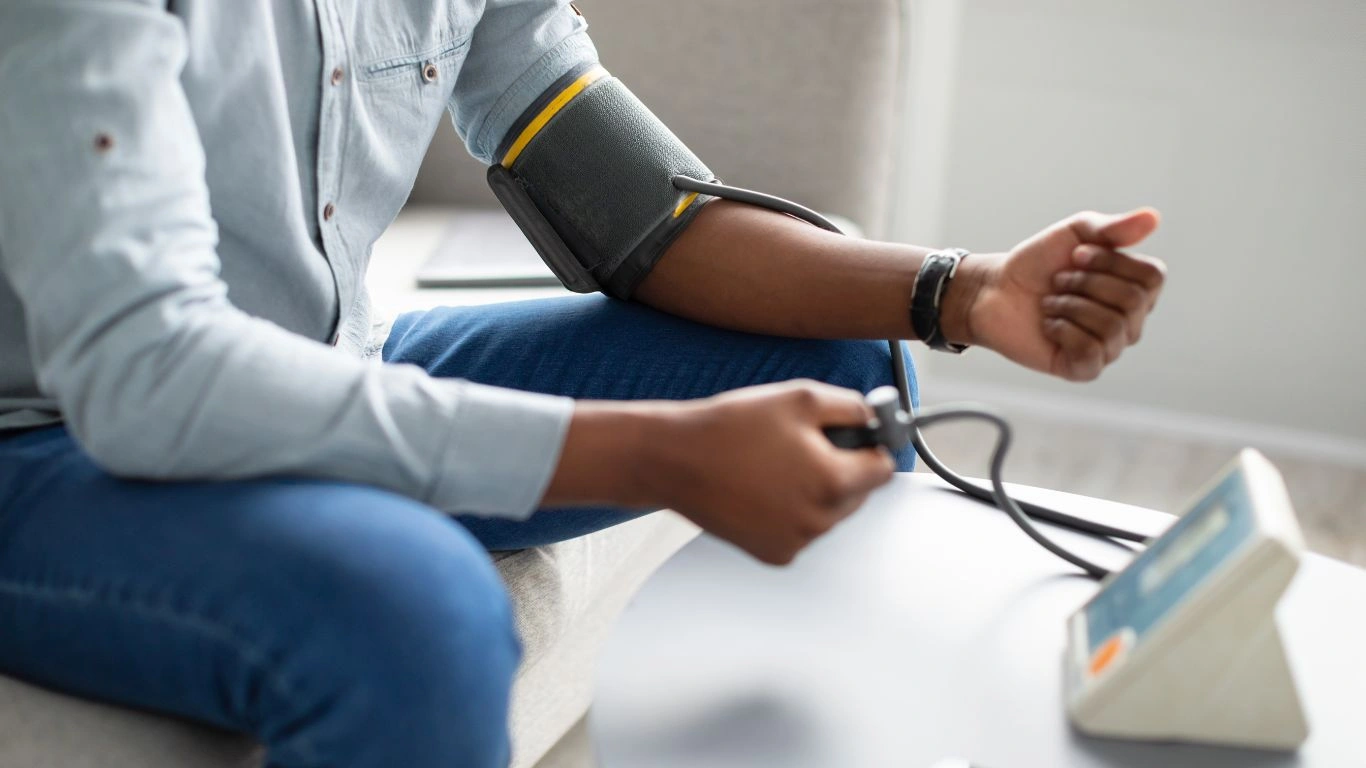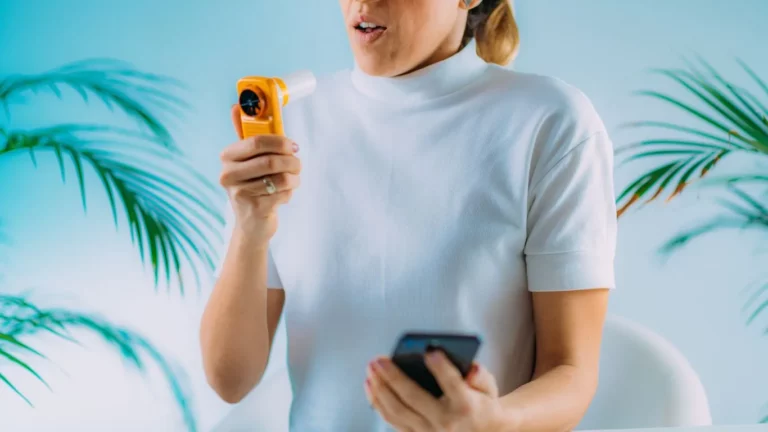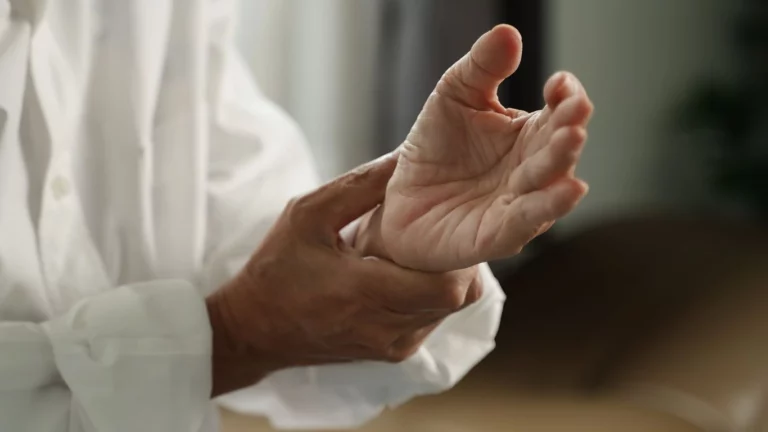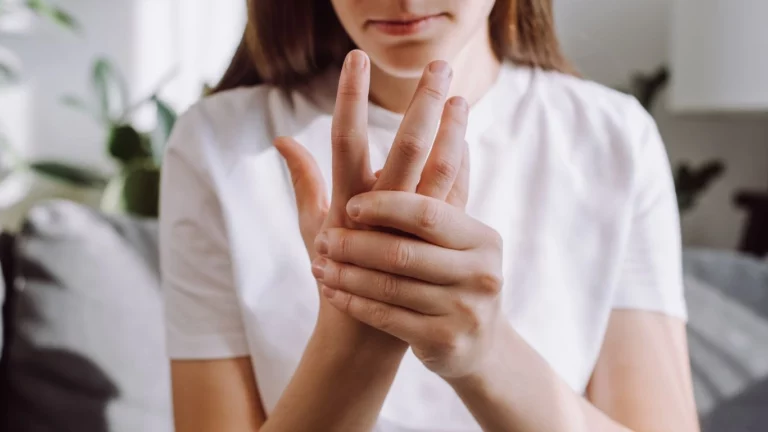Managing Hypertension and Sleep Apnea in Older Adults: A Vital Connection
As a specialist in hypertension, I’ve seen firsthand how complex it can be to manage high blood pressure, especially when combined with other health conditions. One of the most concerning pairings I’ve encountered is hypertension and sleep apnea in older adults. The connection between these two is a significant issue that many may not even realize is impacting their health. If you’re over the age of 60 or know someone who is, this is a topic you’ll want to pay close attention to. In this article, I’m going to share what I’ve learned, through both research and experience, about how sleep apnea can exacerbate hypertension in older adults, and why it’s essential to address both simultaneously.
Understanding the Link Between Hypertension and Sleep Apnea in Older Adults
When we talk about hypertension (or high blood pressure), we’re referring to a condition where the force of blood against the walls of your arteries is consistently too high. It’s something that can sneak up on you, often with few or no symptoms, until it’s too late. The risk factors for hypertension are well-known—age, lifestyle choices, genetics—but did you know that sleep apnea can be a major contributing factor, particularly for older adults?
Sleep apnea is a disorder that causes breathing to stop and start repeatedly during sleep. There are two main types: obstructive sleep apnea (OSA), where the airway is physically blocked, and central sleep apnea, where the brain doesn’t send the correct signals to the muscles that control breathing. Both types can cause serious disruptions to your sleep patterns and, if left untreated, can put you at a significantly higher risk for various health complications, including high blood pressure.
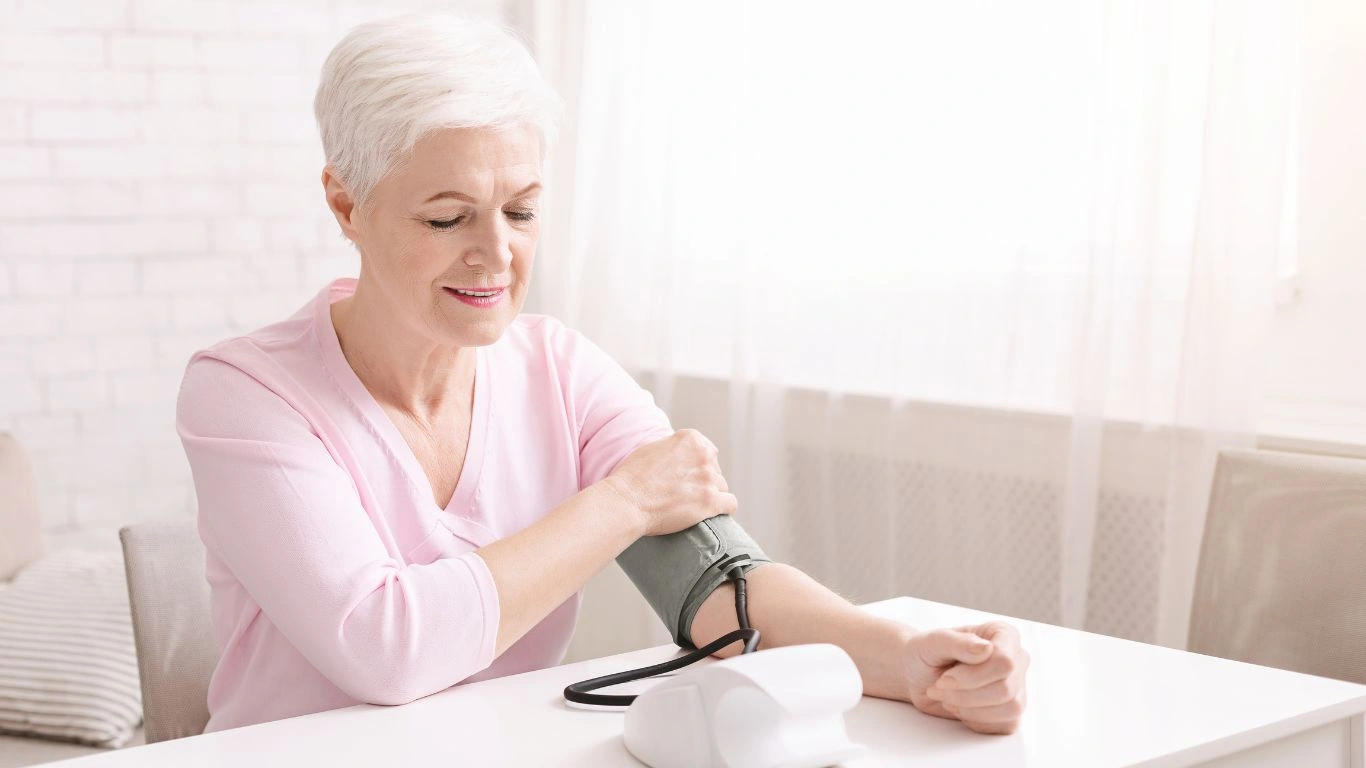
The Surprising Impact of Sleep Apnea on Blood Pressure
Here’s where it gets interesting. The repetitive pauses in breathing caused by sleep apnea can lead to sudden drops in blood oxygen levels. When this happens, the body releases stress hormones like adrenaline and cortisol, which can increase your heart rate and blood pressure. This chronic elevation of blood pressure can put a huge strain on your cardiovascular system over time. If you’re an older adult, your body may not bounce back from these stress spikes as efficiently as it did when you were younger. This can create a vicious cycle, where hypertension worsens sleep apnea and vice versa.
It’s not just the stress on your heart that you need to worry about, either. Studies show that people with sleep apnea tend to have higher levels of inflammation throughout their body, which can contribute to the development of more health problems, including heart disease. If you’re dealing with both hypertension and sleep apnea, it’s like trying to climb a steep hill with both hands tied behind your back.
Why Older Adults Are at Greater Risk

So, why are older adults particularly vulnerable to both hypertension and sleep apnea? First, aging naturally increases the risk for both conditions. As we get older, our blood vessels lose some of their elasticity, which can contribute to increased blood pressure. Additionally, older adults are more likely to experience sleep disturbances due to changes in sleep patterns, medications, and underlying health issues. When you add sleep apnea into the mix, the chances of developing hypertension skyrocket.
On top of that, older adults often have a harder time detecting symptoms of sleep apnea. Snoring is common in many people, but it doesn’t always mean you have sleep apnea. Older individuals may not realize that they’re waking up frequently throughout the night, which is a hallmark sign of the disorder. They might attribute feelings of tiredness or irritability to other causes, like aging or medications. This lack of awareness means sleep apnea often goes untreated, leading to its role in worsening hypertension.
Common Symptoms of Sleep Apnea in Older Adults
While sleep apnea can affect anyone, there are certain signs that may indicate older adults are at greater risk. The most obvious one is loud, chronic snoring. However, if you or a loved one notices any of these symptoms, it’s time to get evaluated:
- Frequent waking during the night, often with gasping or choking sounds
- Excessive daytime sleepiness, even after a full night’s rest
- Morning headaches or a dry mouth
- Memory problems or difficulty concentrating
- Feeling unusually irritable or moody
If you’re noticing any of these signs, it could be a good idea to talk to a healthcare provider who can assess whether sleep apnea might be contributing to your hypertension or other health issues.
The Importance of Early Diagnosis and Treatment
When it comes to managing hypertension and sleep apnea in older adults, early diagnosis is key. As a hypertension expert, I can tell you that the earlier you catch and treat both conditions, the better your chances are of avoiding more serious health complications down the road. If you’re diagnosed with sleep apnea, your doctor may recommend treatments like CPAP (Continuous Positive Airway Pressure) therapy, which helps keep your airways open during sleep.
Treating sleep apnea can have a direct impact on your blood pressure. By improving sleep quality and reducing the nighttime fluctuations in blood oxygen levels, CPAP therapy has been shown to help lower blood pressure, particularly in individuals with resistant hypertension. In fact, managing sleep apnea alongside hypertension can lead to better overall health outcomes and an improved quality of life.
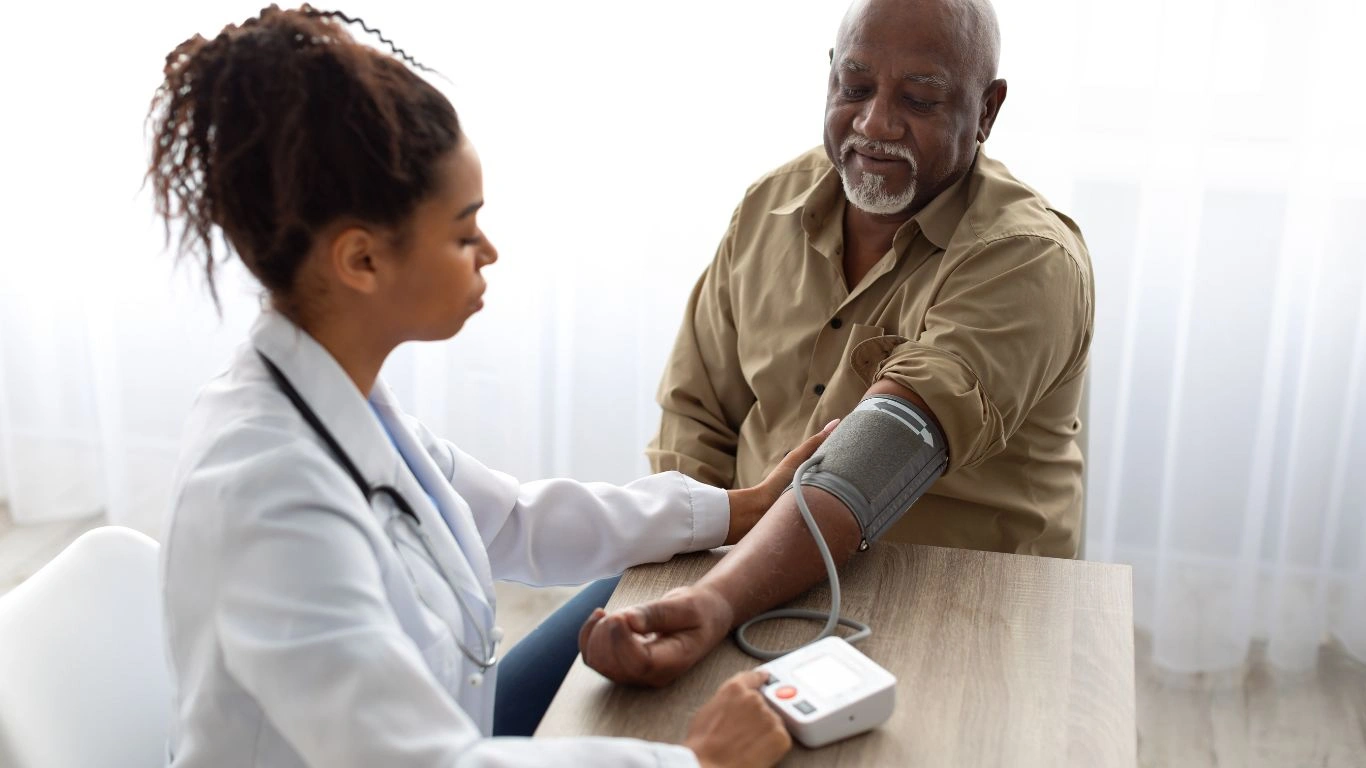
Managing Hypertension and Sleep Apnea Together
When dealing with both hypertension and sleep apnea, it’s important to take a comprehensive approach to treatment. This may include lifestyle changes such as:
- Weight management: Losing excess weight can help reduce the severity of sleep apnea and improve blood pressure control.
- Exercise: Regular physical activity can help manage both conditions, lowering blood pressure and improving sleep quality.
- Dietary changes: Reducing sodium intake, eating more fruits and vegetables, and focusing on heart-healthy foods can support both hypertension and sleep apnea management.
- Avoiding alcohol and sedatives: These substances can exacerbate sleep apnea by relaxing the muscles in your airway, making it harder to breathe during sleep.
In addition to these lifestyle changes, medication may be necessary to control blood pressure or manage symptoms of sleep apnea. But always work closely with your healthcare provider to determine the best approach for you.
How Sleep Apnea Can Make Hypertension Worse in Older Adults
By now, it should be clear that sleep apnea and hypertension in older adults go hand in hand, and unfortunately, not in a good way. But how exactly does sleep apnea worsen high blood pressure? In my experience as a hypertension specialist, I’ve seen the impact of untreated sleep apnea on blood pressure firsthand, and it’s alarming.
When someone suffers from sleep apnea, their body experiences frequent oxygen drops throughout the night. These oxygen dips trigger the body’s stress response, releasing hormones that cause blood vessels to constrict, thus raising blood pressure. If this cycle happens night after night, it can lead to chronic high blood pressure—also known as hypertension. For older adults, whose cardiovascular system may already be less resilient, the strain can be even more damaging. This means that untreated sleep apnea can cause blood pressure to remain elevated even when a person is awake, leading to a persistent risk of stroke, heart attack, or kidney damage.

The Vicious Cycle: Hypertension and Sleep Apnea Feed Off Each Other
What many people don’t realize is that the relationship between hypertension and sleep apnea is cyclical. Hypertension makes sleep apnea worse, and sleep apnea exacerbates hypertension. It’s a loop that can be hard to break, but understanding this relationship is crucial for effectively managing both conditions.
For instance, high blood pressure can lead to changes in the structure of the heart and blood vessels, which may increase the risk of developing sleep apnea. Specifically, a condition known as central sleep apnea can develop, which is related to the heart’s inability to properly regulate breathing. This is particularly common in people with advanced cardiovascular disease, a frequent companion of hypertension. So, not only does sleep apnea worsen hypertension, but in some cases, the reverse is also true. It’s a scary thought, but by addressing both conditions together, we can break this cycle.
How to Diagnose Hypertension and Sleep Apnea Together

One of the biggest challenges in managing hypertension and sleep apnea is that they often go undiagnosed. Both conditions share common symptoms that can be easily overlooked, especially in older adults. That’s why it’s essential to get a thorough evaluation if you’re at risk for either condition.
If you’re someone who has been struggling with high blood pressure but can’t seem to get it under control, or if you’re experiencing excessive daytime sleepiness despite what seems like a full night’s sleep, it might be time to talk to your doctor about getting tested for sleep apnea. Sleep studies are a standard diagnostic tool to determine whether someone has sleep apnea, and they’re typically conducted in a sleep lab or at home with portable equipment.
Hypertension, on the other hand, is diagnosed through regular blood pressure checks. If your blood pressure is consistently higher than 140/90 mmHg, you may be dealing with hypertension. If you have any of the symptoms I’ve mentioned earlier—like frequent waking during the night or excessive snoring—getting tested for sleep apnea could be the next logical step. These two conditions are often linked, and identifying both is crucial for managing your health.
What Can You Do if You Have Both Hypertension and Sleep Apnea?
If you’ve been diagnosed with both hypertension and sleep apnea, don’t panic. There are several treatment options that can help improve your quality of life and reduce your health risks. The first step is always to talk to your healthcare provider about a treatment plan that addresses both conditions.
In many cases, treating sleep apnea can help reduce blood pressure. The most common treatment for sleep apnea is a CPAP (Continuous Positive Airway Pressure) machine, which keeps the airway open during sleep. This device can be a game-changer for many people, especially when combined with lifestyle changes aimed at lowering blood pressure. I’ve seen patients who were struggling with high blood pressure for years start to see improvements within a few weeks of using CPAP therapy.
In addition to CPAP, other treatment options include:
- Oral appliances: These devices help reposition the jaw and tongue to keep the airway open. They’re most effective for people with mild to moderate sleep apnea.
- Positional therapy: For people whose sleep apnea is worse when sleeping on their back, sleeping on the side can sometimes reduce symptoms.
- Surgical options: In some cases, surgery may be necessary to remove excess tissue from the airway or to correct structural issues causing sleep apnea.
When it comes to managing hypertension, I often recommend a combination of medications and lifestyle changes. This may include:
- ACE inhibitors or ARBs: These medications help relax blood vessels and lower blood pressure.
- Beta-blockers: These medications slow the heart rate and reduce blood pressure.
- Diuretics: These help the body eliminate excess sodium and fluid, which can help lower blood pressure.
- Lifestyle changes: Regular exercise, a healthy diet, and weight loss can significantly improve blood pressure control.
Working with your doctor to create a plan that addresses both hypertension and sleep apnea can make a huge difference in how you feel and how you manage your health long-term.
The Role of Lifestyle Changes in Managing Both Conditions
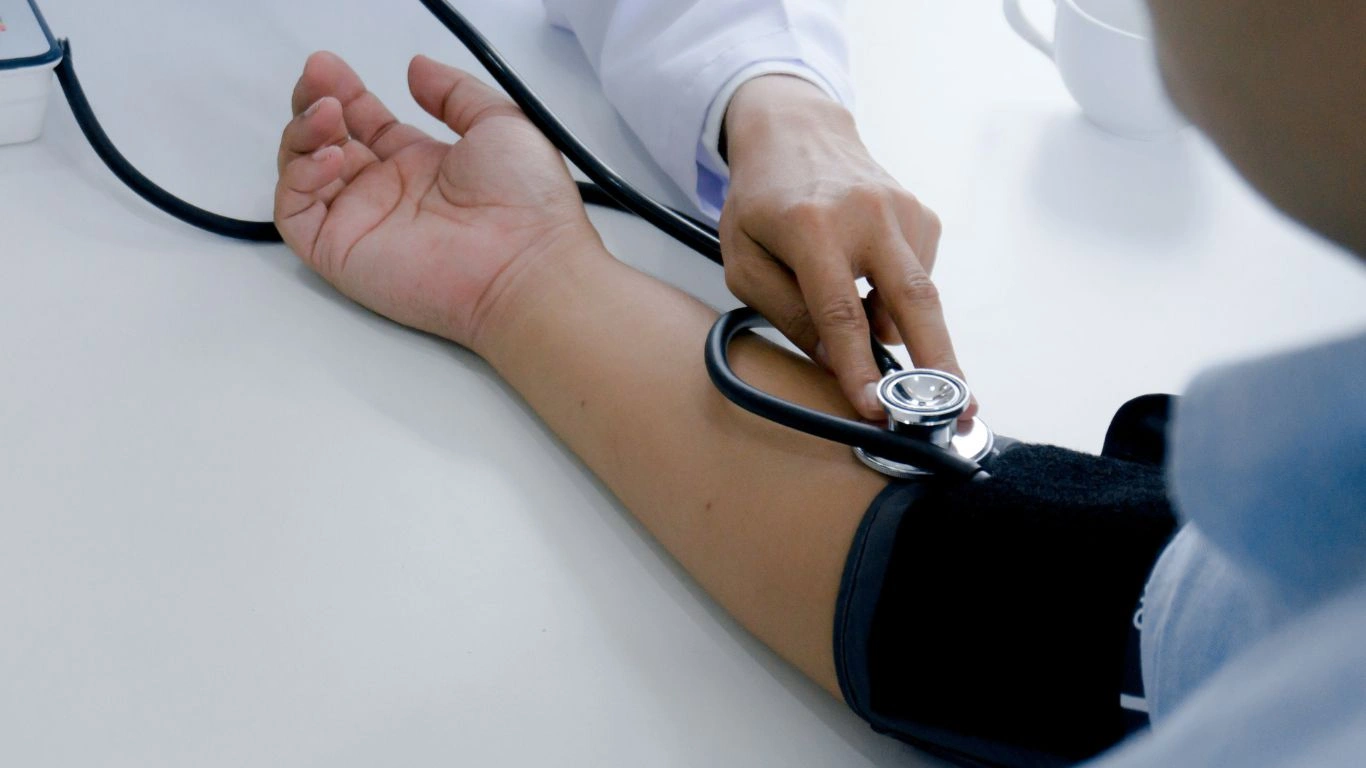
When it comes to managing both hypertension and sleep apnea, lifestyle changes play a critical role. I always tell my patients that medication alone isn’t a cure-all—it’s the combination of treatment, medication, and healthy habits that provides the best outcomes.
For those with both hypertension and sleep apnea, focusing on weight loss can be incredibly beneficial. Excess weight, especially around the neck, can worsen sleep apnea by narrowing the airway. Losing weight can reduce the severity of sleep apnea and also help lower blood pressure. Even a small amount of weight loss can make a significant difference.
Exercise is another important component. Regular physical activity can help lower blood pressure, improve heart health, and even enhance sleep quality. Whether it’s a daily walk, swimming, or strength training, staying active can have a profound impact on both conditions.
Diet also plays a huge role in managing both hypertension and sleep apnea. A heart-healthy diet that’s low in sodium, rich in fruits and vegetables, and high in fiber can help reduce blood pressure and promote better sleep. Avoiding alcohol, especially in the evening, is also essential, as it can relax the muscles in the throat and worsen sleep apnea symptoms.
By taking a holistic approach to managing both hypertension and sleep apnea, you can significantly improve your overall health and reduce the risks associated with these conditions.
Managing Hypertension and Sleep Apnea: The Importance of Consistency
By now, you probably realize that managing hypertension and sleep apnea in older adults isn’t something you can simply do once and forget about. It’s an ongoing journey that requires consistent effort and regular monitoring. In my experience working with patients, the key to success is sticking to a treatment plan, being patient with yourself, and constantly adjusting your approach as necessary. It’s not just about medication or using a CPAP machine; it’s about integrating healthy habits into your life that support long-term well-being.
So, how can you make sure that you’re staying on track with managing both of these conditions? The first step is routine check-ups with your healthcare provider. If you’ve been diagnosed with hypertension and sleep apnea, your doctor will likely want to monitor both your blood pressure and your sleep patterns regularly. This can help catch any issues early before they turn into bigger problems. Don’t shy away from regular visits to your healthcare provider, as this ongoing relationship is key to getting the best outcomes.
How to Stay Motivated to Follow Your Treatment Plan

One of the hardest parts of managing chronic conditions like hypertension and sleep apnea is staying motivated. Let’s be real: life can get in the way. Between work, family, and the general hustle of daily living, it’s easy to let your health take a back seat. But here’s the thing: you’re not just doing this for yourself. By managing your hypertension and sleep apnea properly, you’re giving yourself the best chance at a healthier, more active life in the years to come.
My patients often tell me that sticking to their treatment plan is tough, especially when they don’t see immediate results. But remember, progress takes time. Whether you’re using a CPAP machine to manage sleep apnea, adjusting your diet, or starting a new exercise routine, it’s important to celebrate small victories. Maybe you notice that your blood pressure is starting to stabilize, or perhaps you wake up feeling more rested than you have in years. These little signs of progress can help keep you motivated and focused on the bigger picture.
Another key factor is finding a support system. Whether it’s family, friends, or an online community, having people around you who understand what you’re going through can make all the difference. I’ve seen many of my patients thrive by engaging with others who share similar experiences, and it’s often those social connections that keep them on track during difficult times.
Why it’s Crucial to Address Both Conditions Simultaneously
So, you might be wondering, “Why do I need to treat both hypertension and sleep apnea together?” The answer is simple: they’re intertwined, and one condition can exacerbate the other. Treating one while ignoring the other won’t yield the best results. For instance, treating hypertension without addressing sleep apnea may lead to persistent high blood pressure due to the underlying sleep disruptions. Conversely, focusing solely on treating sleep apnea without managing blood pressure can still leave you at risk for heart disease, stroke, and other complications.
From my personal experience, I’ve seen that when both conditions are managed in tandem, patients see much better overall health outcomes. It’s not just about controlling the numbers on a blood pressure monitor or using a CPAP machine—it’s about improving your overall quality of life. Managing hypertension and sleep apnea together can improve your sleep, boost your energy, enhance your cognitive function, and even reduce your risk of heart attack and stroke.
The Role of Healthy Habits in Treatment Success
As mentioned earlier, healthy habits play a crucial role in managing both hypertension and sleep apnea. I can’t stress this enough: lifestyle changes are just as important as medications. Whether it’s through exercise, dietary changes, or weight management, making these changes can have a profound impact on both your blood pressure and your sleep quality.
Let’s talk about diet for a moment. For many of my patients, adjusting what they eat has been a game-changer in both controlling blood pressure and reducing the severity of sleep apnea. A diet rich in fruits, vegetables, lean proteins, and whole grains can help lower blood pressure and promote overall heart health. Similarly, reducing your intake of sodium and processed foods can prevent your blood pressure from spiking. It’s all about choosing the right foods that nourish your body and support your cardiovascular system.
Exercise is another cornerstone of treatment. It can help reduce both blood pressure and the severity of sleep apnea. Whether it’s walking, cycling, swimming, or yoga, incorporating physical activity into your routine can boost your heart health, help you lose weight, and even improve the quality of your sleep. If you’re not sure where to start, try aiming for 30 minutes of moderate activity most days of the week. You’ll be amazed at how much better you’ll feel—and how much easier it will be to manage both conditions in the long run.
Support Systems: Why You Don’t Have to Do It Alone
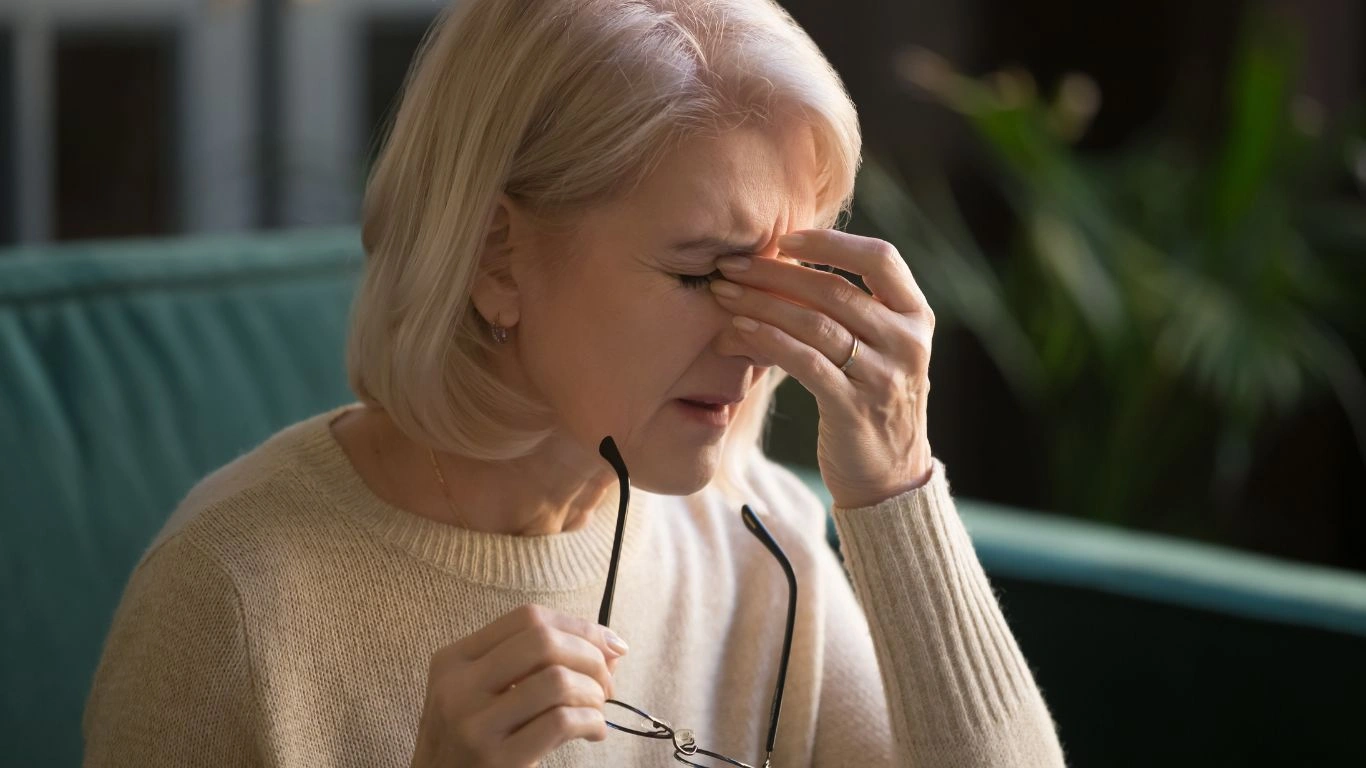
Managing hypertension and sleep apnea can feel overwhelming at times, but you don’t have to do it alone. There’s a wealth of resources available to help you along the way. For starters, don’t hesitate to reach out to your healthcare team if you have questions or concerns about your treatment plan. Your doctor, nurse, or even a sleep specialist can provide invaluable guidance and support as you work to manage both conditions.
In addition to medical professionals, there are also numerous patient support groups, both online and in-person, where you can connect with others who are in the same boat. I’ve seen many patients find strength in these communities, sharing tips, offering encouragement, and learning from each other’s experiences. Whether it’s an online forum or a local group, being part of a support system can help you feel less isolated and more empowered in your journey to better health.
References and Further Reading
If you want to dive deeper into the relationship between hypertension and sleep apnea, or learn more about treatment options, here are some helpful resources:
- HealthUsias: For more articles on hypertension, sleep apnea, and overall health management.
- Centers for Disease Control and Prevention (CDC) – Blood Pressure: For reliable, up-to-date information on hypertension and prevention.
- American Sleep Apnea Association: Learn more about sleep apnea, its symptoms, and available treatments.
Disclaimer: This article is for informational purposes only and does not constitute medical advice. Always consult with your healthcare provider for personalized recommendations and treatment options.

Dr. Gwenna Aazee is a board-certified Internal Medicine Physician with a special focus on hypertension management, chronic disease prevention, and patient education. With years of experience in both clinical practice and medical writing, she’s passionate about turning evidence-based medicine into accessible, actionable advice. Through her work at Healthusias.com, Dr. Aazee empowers readers to take charge of their health with confidence and clarity. Off the clock, she enjoys deep dives into nutrition research, long walks with her rescue pup, and simplifying medical jargon one article at a time.

